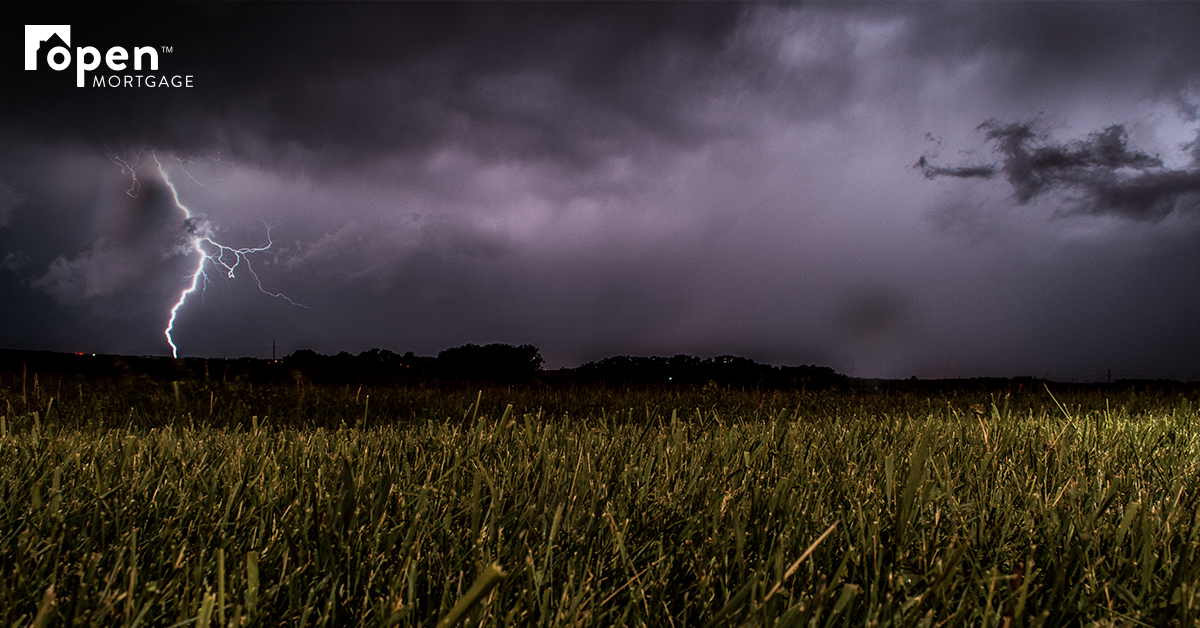
Simple Steps to Prepare Your Home for Natural Disasters
An unforeseen event (and cost) we should all prepare for is natural disasters.
Whether you’re retired in Florida or Michigan, it’s critical to be prepared for unexpected natural disasters, such as fires, tornadoes, floods, earthquakes, and power outages.
An emergency kit can help you be ready for the unexpected
One of the best and easiest ways to prepare your home for an emergency is to create two basic emergency kits. For this, it’s recommended that you buy a large plastic container (for home storage) and a backpack.
The plastic container should packed with goods for home use (such as being snowed or iced in) and the backpack should be packed for having to evacuate. At the minimum, it’s best to pack enough goods to last for three days.
Items in your emergency kits should include:
- Water — the Center for Disease Control (CDC) recommends you have at least one gallon of water per day in your emergency preparedness kit (enough for drinking and bathing). You should pack three days worth of water in your emergency backpack, and a two-week supply of water for home use.
- Food — it’s recommended that you store three days worth of canned and dried food in your backpack and a two-week supply for home.
- A blanket
- A change of clothing
- A flashlight — make sure to have extra batteries
- A battery-operated radio
- First aid kit and manual
- A seven-day supply of your medications and important medical items
- A Swiss army knife
- Can opener
- Secure container for your essential assisted devices such as eyeglasses or hearing aid
- Personal hygiene items such as toilet paper, hand wipes and trash bags
- A cell phone with an extra battery and charger
- Emergency contact information of your family and friends
- Cash (ATM’s may not be working)
- Copies of important documents (including your medication list and important medical information, birth certificate, and home deed)
- A map of your local areas
It’s better to be prepared before the disaster strikes
While nobody wants to think about a natural disaster, disasters do happen, and it’s best to be prepared.
For more information on this subject, we suggest viewing (and printing out) the Disaster Preparedness For Seniors By Seniors PDF from the Red Cross.





